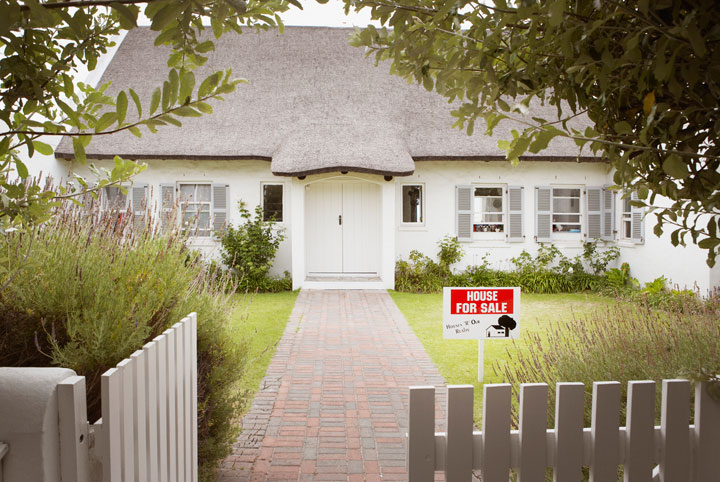
We’ve all suffered from buyer’s remorse at some point in our lives. When it’s something like an expensive pair of jeans or a new smart phone, it’s not so hard to get over. A house on the other hand, well that’s a purchase that can be pretty tough to recover from.
If you’ve made a mistake in a real estate purchase, you still have options. Some mistakes are fixable, and even if they’re not, it doesn’t have to mean the end of the road for your real estate career. Take stock, and follow these steps.

Analyze the Situation
Before you make any decisions you have to determine exactly what went wrong. Maybe you purchased a rental property and you can’t get the rent you thought you would, or maybe you purchased a flip property and the renovation went off the rails. Or maybe interest rates went up and you can no longer afford your monthly mortgage payment. Whatever the problem, you need to figure out how you got there before you can determine how to fix it.
Face Reality
Now is the time to be really honest. Get your head out of the sand and map out exactly how much value has been lost, and how much debt you’ve accumulated. Put all the numbers on paper so you can’t hide from them. This is also a good idea because once you see them in front of you, a potential solution may present itself. For instance, if the property has gone down in value but it still cash flows from month to month, it may very well be worth hanging on to, as the market could change and the value could rise again. Of course, the opposite could also be true. You’ll really need to asses market conditions and your own financial situation before you decide to hold or sell.
Develop a Strategy
I’m always surprised by how many people get into real estate investing without a clear strategy. How much money are you trying to make? Over what kind of time period? If you don’t have a solid plan it can be difficult to know what kind of property to purchase. For instance, if you’re looking for a high monthly income, a student rental where you rent by the bedroom could be the right choice. If you’re looking to fund a wedding or you want a down payment for a forever home, a flip property might be a smart investment. Did you have a strategy before you bought?
Is the Property In Line with the Strategy?
If you already had a good strategy in place, consider whether or not the property was really in line with it. Even experienced investors make mistakes sometimes. I’ve bought properties that cost more to fix than I anticipated, or didn’t go up in value the way I thought they would. Even though I had a good strategy in place, the properties I bought didn’t quite fit. As a result, I had to readjust my plan. If this has happened to you don’t beat yourself up too much – but do figure out why the property wasn’t in line, and resolve not to make the same mistake twice.
Determine if You Can Make Fixes
Depending on what’s wrong, you may be able to fix some issues. For instance, if you find you’re not commanding the type of rent you expected, it may be worth making some changes. Can you add an extra bedroom, refinish a basement, or add some kind of outdoor living space? If you can really add value, it may be worth looking into a home equity line of credit to help fund the renovation. If the problem is something simpler like you’ve decided you don’t like the neighbourhood or the house is too small, talk to your financial advisor to see if you might be able to hang on to it as a rental property and pull the equity out so that you can purchase another residence elsewhere.
Accept the Inevitable
One thing you definitely don’t want to do is throw good money after bad. So if you really can’t get it to cash flow, or if you’ve taken on more debt than you can handle, you may just have to sell it and move on. Trying to hold on to something that’s weighing you down will cause you to suffer financially and emotionally. Rather than let it drag you into bankruptcy, get rid of it, and try to recover on the next purchase. Hoping that your luck will change is never a good strategy. Take control, learn from your mistakes, and resolve to do better next time.
Scott McGillivray is a real estate expert and host of HGTV Canada’s Income Property and Moving the McGillivrays.
HGTV your inbox.
By clicking "SIGN UP” you agree to receive emails from HGTV and accept Corus' Terms of Use and Corus' Privacy Policy.



